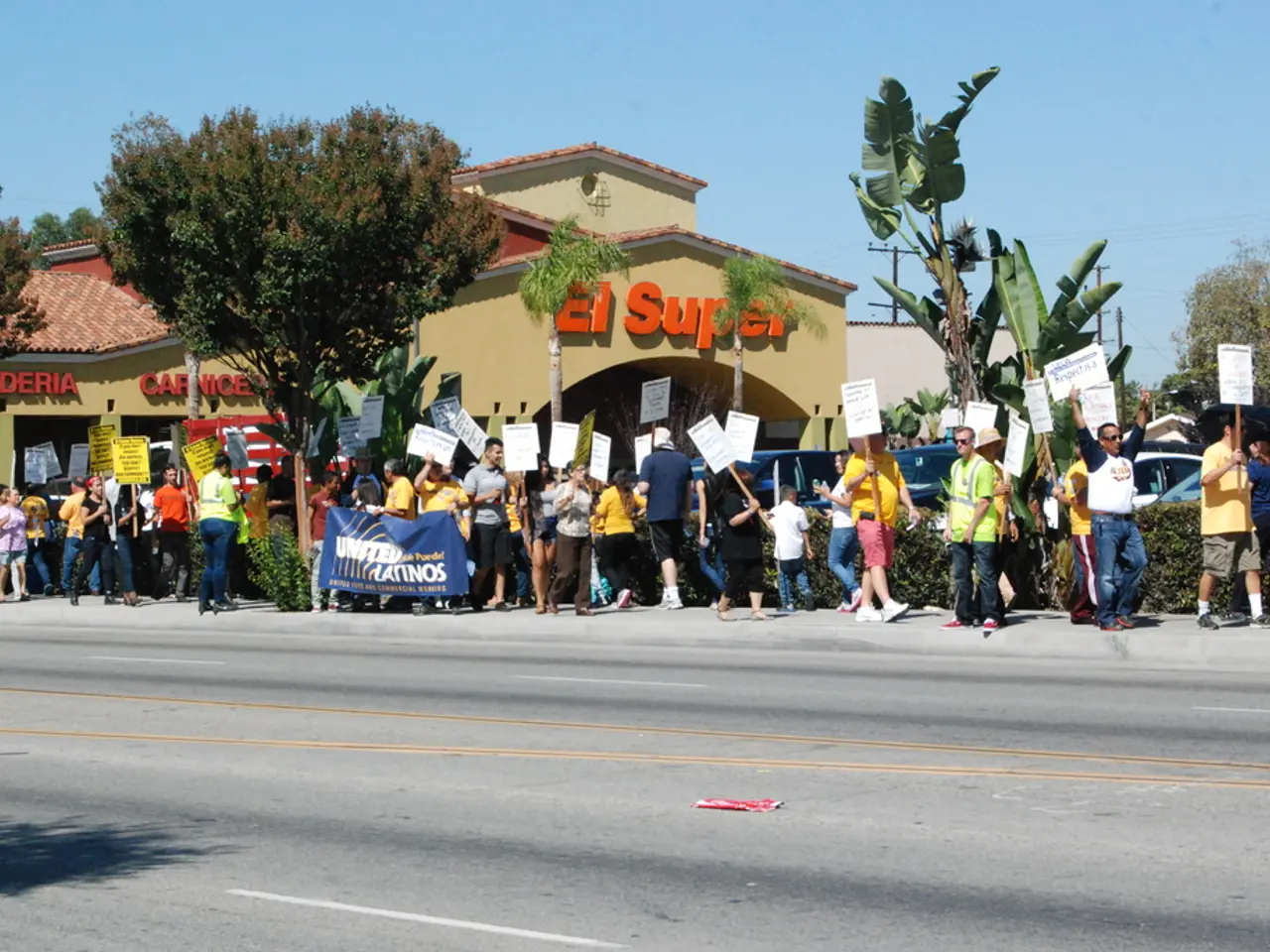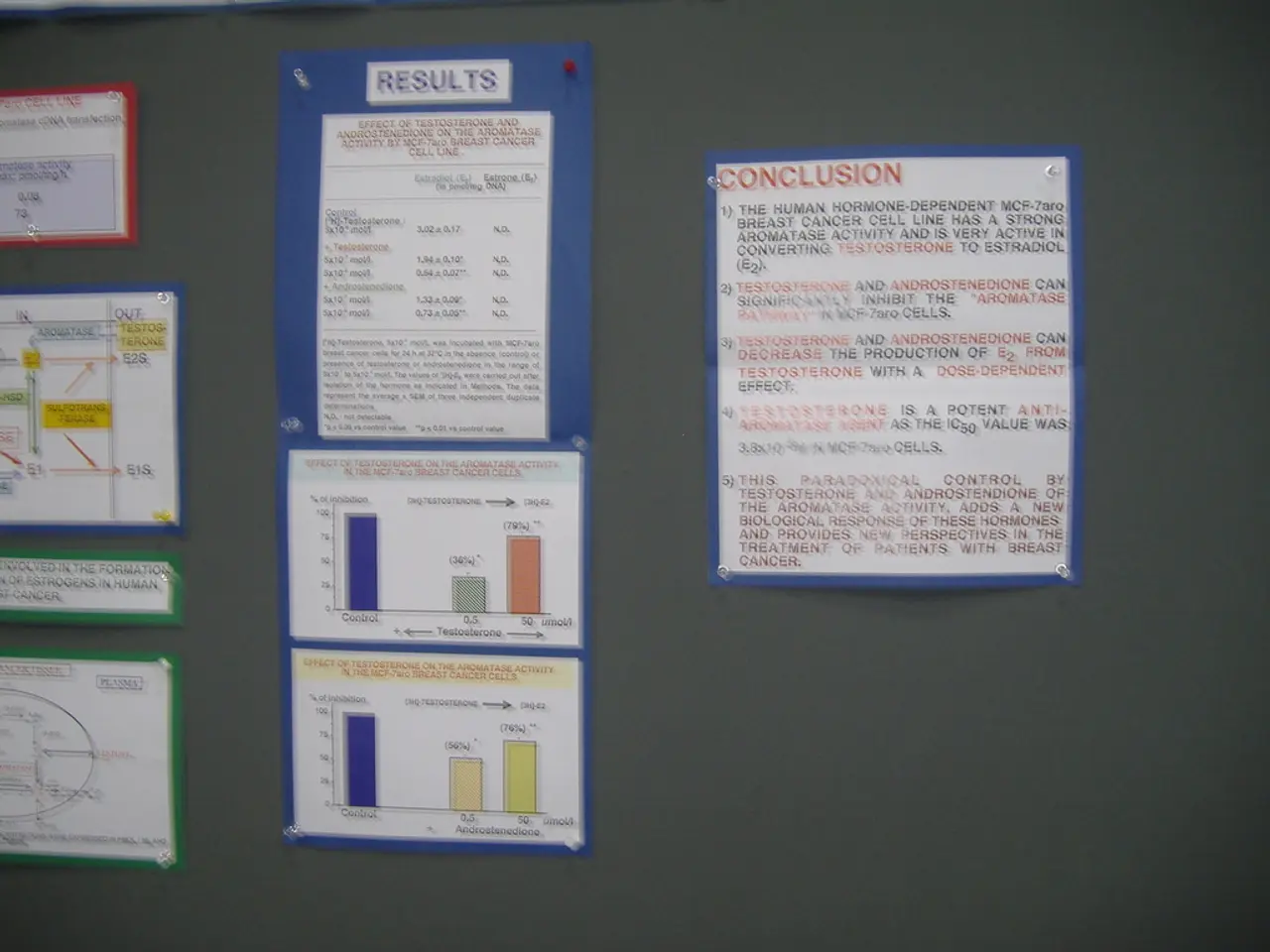Rural regions in Europe experience greater instances of energy hardship
In a bid to combat energy poverty and promote a sustainable energy transition, the European Union (EU) is focusing on strategies that emphasise energy efficiency improvements, local renewable energy production, and inclusive, community-based energy participation in rural areas.
Energy poverty, a complex issue stemming from low energy efficiency in buildings, low disposable income, high energy expenditure, and socio-economic factors, is a significant concern in rural EU territories. These areas, characterised by lower average incomes and homes that are generally older, bigger, and less energy efficient, account for a substantial share of the EU's total energy consumption and energy-related greenhouse gas emissions.
To address this issue, the EU is supporting policies aimed at renovating buildings to improve energy efficiency and allow them to produce some of their own energy. The JRC report 'Exploring rural energy poverty and needs' and the Rural Observatory are key resources in this endeavour. The report, published as part of the observatory's activities, provides insights into the challenges and opportunities related to energy for housing across the EU, identifying local specificities for place-based solutions.
One of the key strategies for addressing energy poverty in rural areas is energy efficiency upgrades. Rural homes tend to be older, larger, and less energy-efficient, which increases energy demand and costs. The EU supports building renovations such as better insulation, new windows, and improved heating systems. Between 2018 and 2023, rural residents undertook energy efficiency improvements at a higher rate (29%) than urban residents (23%). Funding and policy frameworks encourage such renovations to reduce overall energy consumption and bills.
Renewable energy deployment is another crucial strategy. Rural areas are well-suited to renewable energy systems, especially rooftop solar panels, due to larger roof spaces and higher rates of homeownership. Solar energy can meet over a third of a household’s energy needs, providing a sustainable and affordable energy source. Renewables help reduce reliance on costly fossil fuels, lowering energy poverty risk.
The EU also emphasises active participation of rural households, vulnerable citizens, and Small and Medium-sized Enterprises (SMEs) in the energy transition by promoting energy communities. These communities enable collective investment in and management of renewable energy, empowering residents and improving affordability. Ensuring energy production is inclusive and protecting vulnerable consumers are key priorities to guarantee access to essential energy services.
Broader approaches aim to ensure that climate and energy actions are aligned with social and economic development in rural areas. Initiatives like RENOVERTY, RURENER, and JUST PEPP promote sustainable, equitable rural development that leverages renewable energies to generate local opportunities and reduce social exclusion.
In summary, the EU’s strategy to tackle energy poverty in rural areas involves a synergistic approach combining energy efficiency, expansion of renewables, and inclusive energy governance, which together help reduce energy costs, improve living conditions, and empower rural communities in the transition to clean energy. Rooftop photovoltaic panels installed in rural areas could produce 2200 kWh per inhabitant annually, covering approximately 37% of average household energy consumption. Rural areas are ahead of urban areas and cities in carrying out energy efficiency improvements. The new index for understanding energy poverty across EU territories combines the share of household expenditure on energy with four indicators: the inability to keep a home warm enough, rate of people behind with paying utility bills, share of households with poor building conditions, and at-risk-of-poverty rate. The problem of energy poverty is central to the EU's efforts towards a just and fair energy transition, with 48 million Europeans unable to keep their homes adequately warm in 2023.
- Achieving energy efficiency upgrades in rural homes, characterized by low energy efficiency, larger size, and older age, is crucial for the EU, as these improvements can reduce energy consumption, lower bills, and address energy poverty.
- With the aim of promoting sustainable energy production, the EU is encouraging the deployment of renewable energy systems, such as rooftop solar panels, in rural areas, as these regions possess suitable conditions for renewable energy generation and offer potential to meet a significant portion of household energy needs.
- To ensure a just and equitable energy transition, the EU is advocating for the active participation of rural households, vulnerable citizens, and Small and Medium-sized Enterprises (SMEs) in the energy industry, fostering energy communities that allow collective investment and management of renewable energy resources.
- As part of its broader approach, the EU is aligning climate and energy actions with social and economic development in rural areas, supporting initiatives that leverage renewable energies to generate local opportunities and reduce social exclusion.
- In the fight against energy poverty, the EU is designating finance as a critical tool, devising policy frameworks and providing funding for building renovations to make rural homes more energy-efficient, thus facilitating the transition to a clean, affordable, and sustainable energy future.




